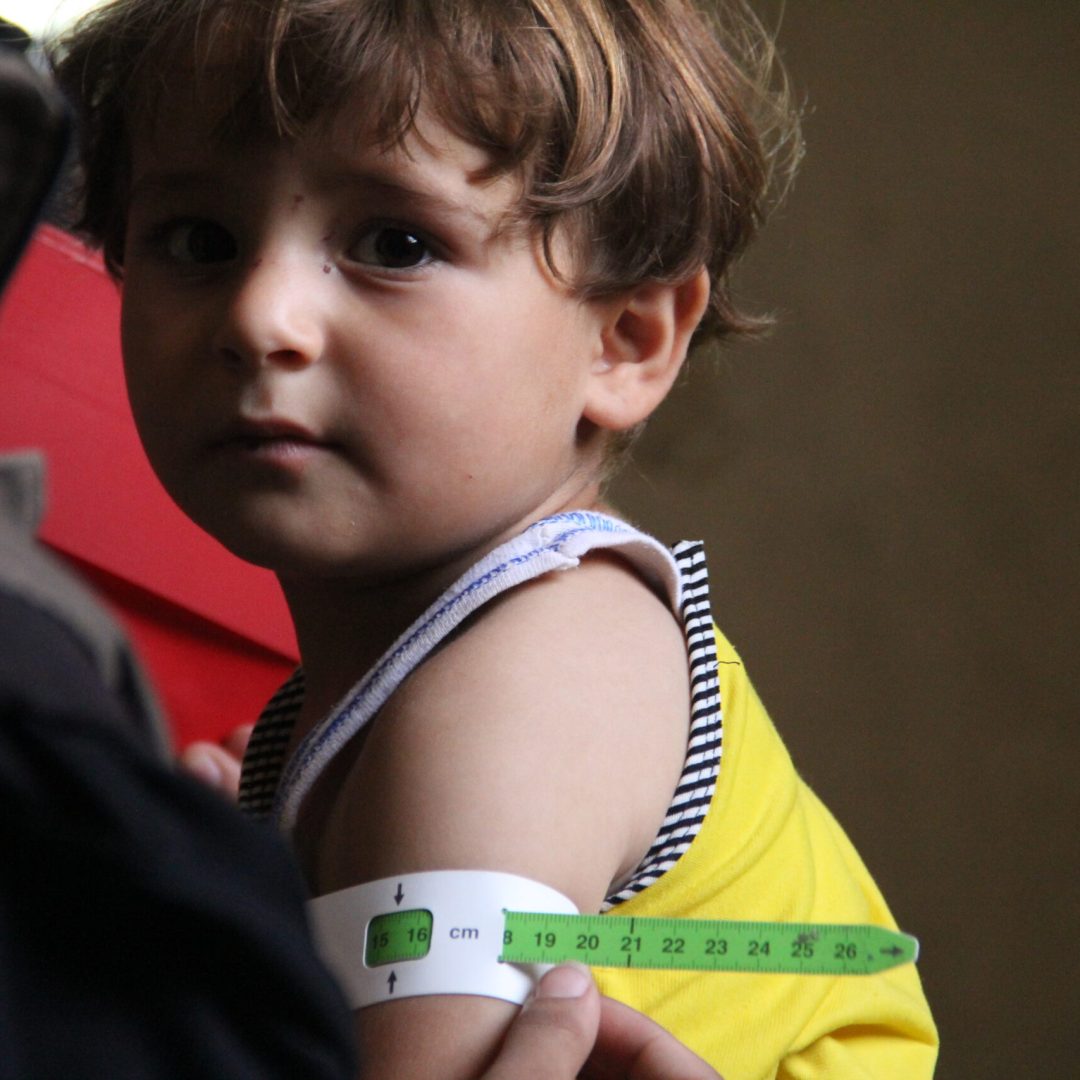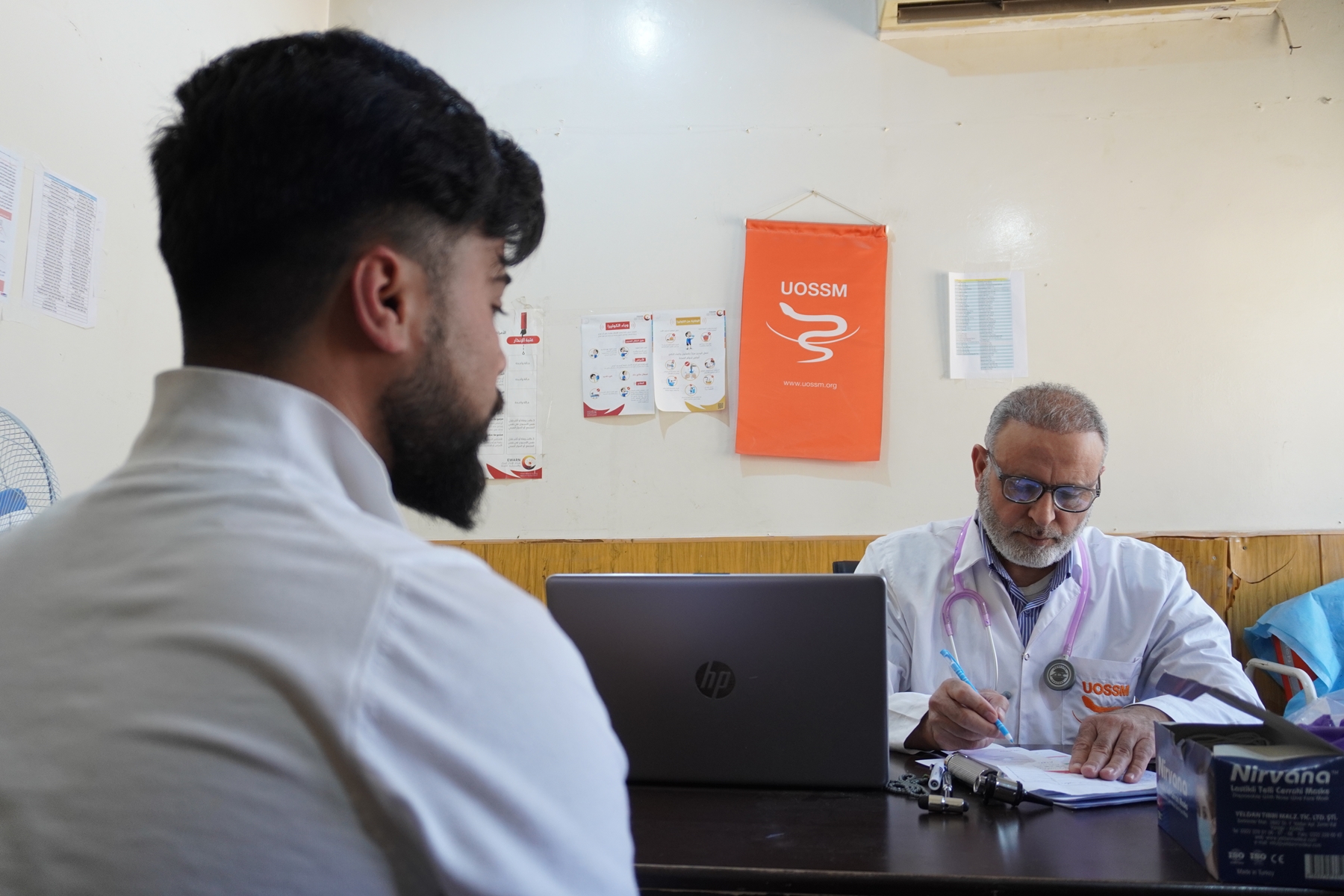
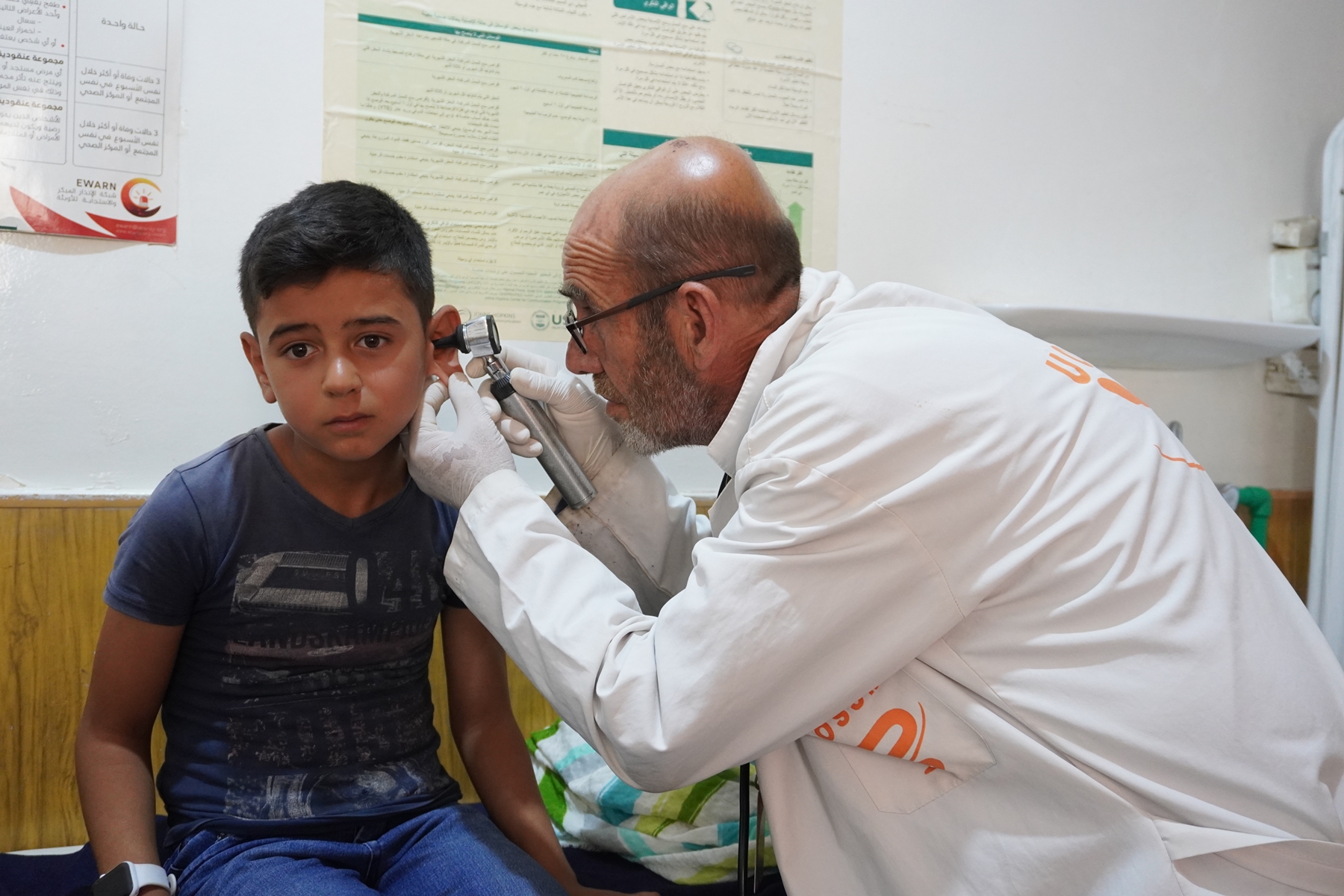
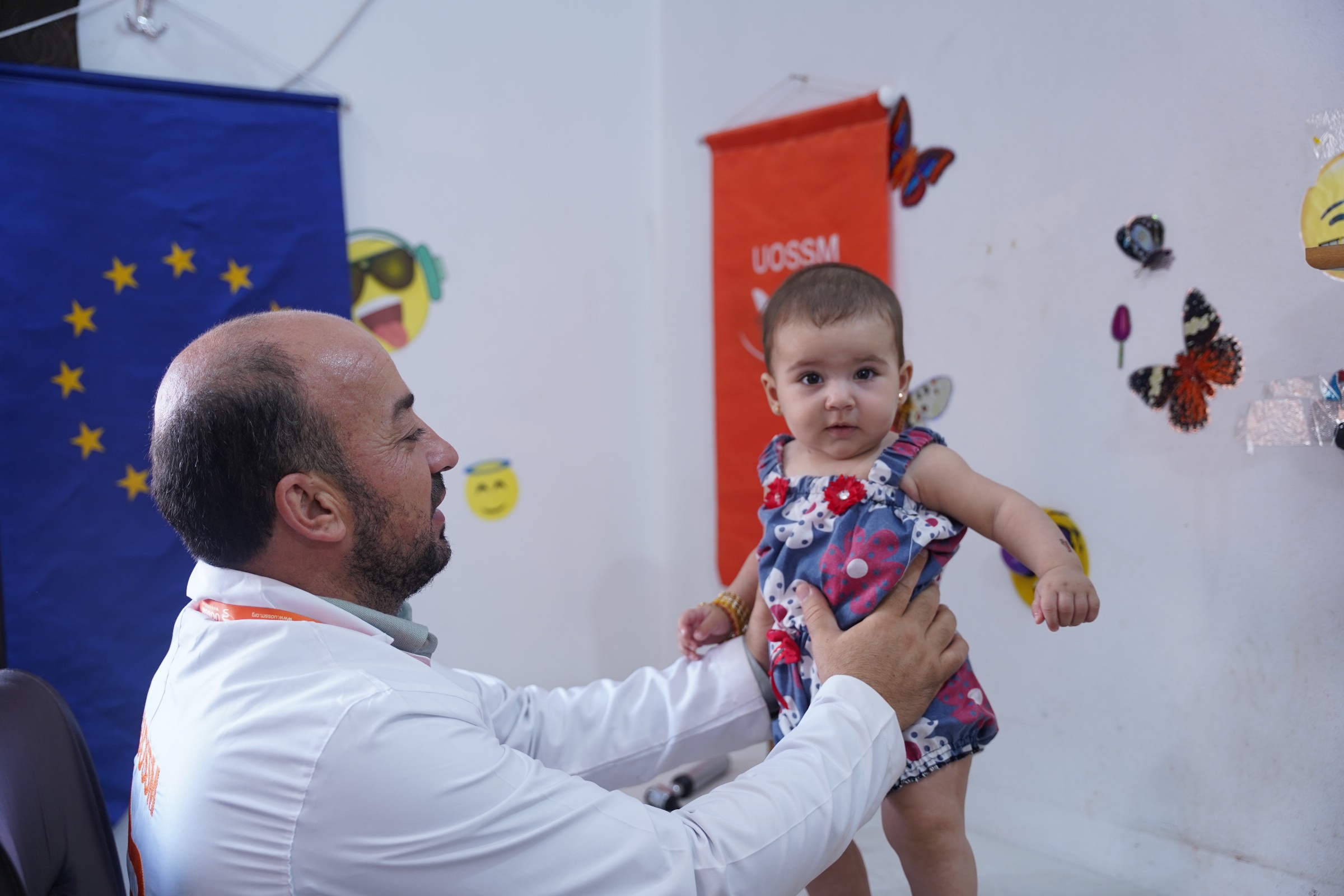
Syria Mission Date marks a significant endeavor by UOSSM, which was founded in 2012 by doctors from around the world. Operating in Gaziantep, Turkey, as well as in Northwest Syria, UOSSM delivers an average of 7,700 services daily, benefiting over 1.5 million individuals annually. Beyond immediate emergency response, UOSSM spearheads educational and training initiatives while conducting missions to bolster regions grappling with crises. This comprehensive approach combines urgent needs with a forward-looking international perspective, aiming for sustained long-term development efforts and envisioning a brighter future.
Dedicated to emergency response and lifesaving assistance, UOSSM oversees vital health programs encompassing primary, secondary, and tertiary healthcare services. Mental Health and Psychosocial Support (MHPSS), protection initiatives addressing (sexual) and gender-based violence (SGBV), and nutrition and community health programs are also integral to its interventions. Adopting a developmental approach, UOSSM focuses on enhancing health resilience, recovery, and training through educational programs and local governance. The organization prioritizes community engagement, accountability, and ownership while actively participating in initiatives aimed at fostering social cohesion and peacebuilding within the communities it serves.
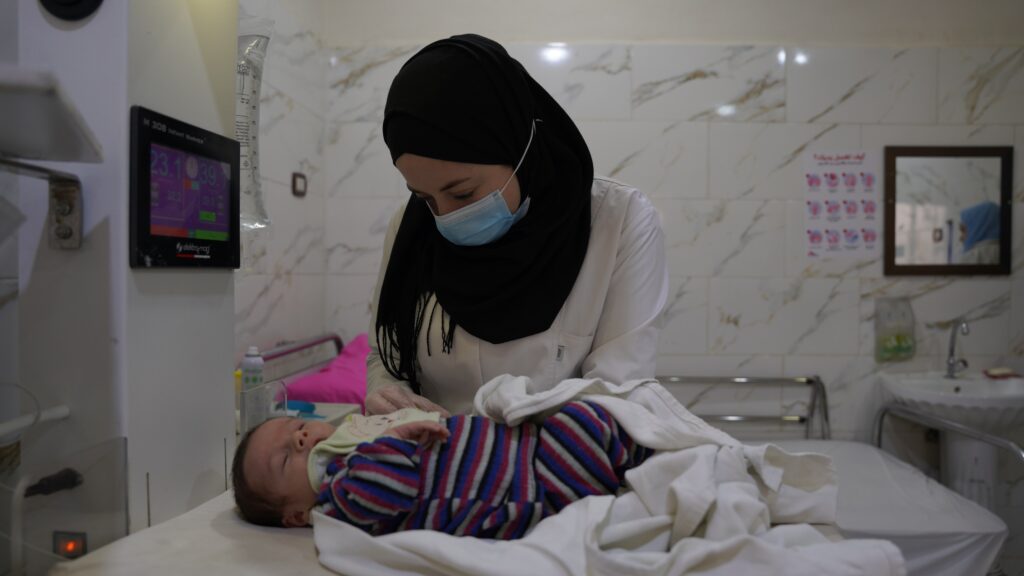
In terms of impact, UOSSM operates within an annual budget of $20 million, providing 300,000 services to over 160,000 people per month. The organization operates five hospitals, seven specialized healthcare centers, fourteen primary healthcare centers, and two protection centers, alongside two hospitals designated for mental health services. With a fleet of 70 ambulances, UOSSM continues its mission to deliver essential services and support to those in need, striving for a healthier and more resilient community.
Sign up to receive frequent email updates on our projects and initiatives. Stay informed and connected with our work, making a difference with each update. Join us now!





